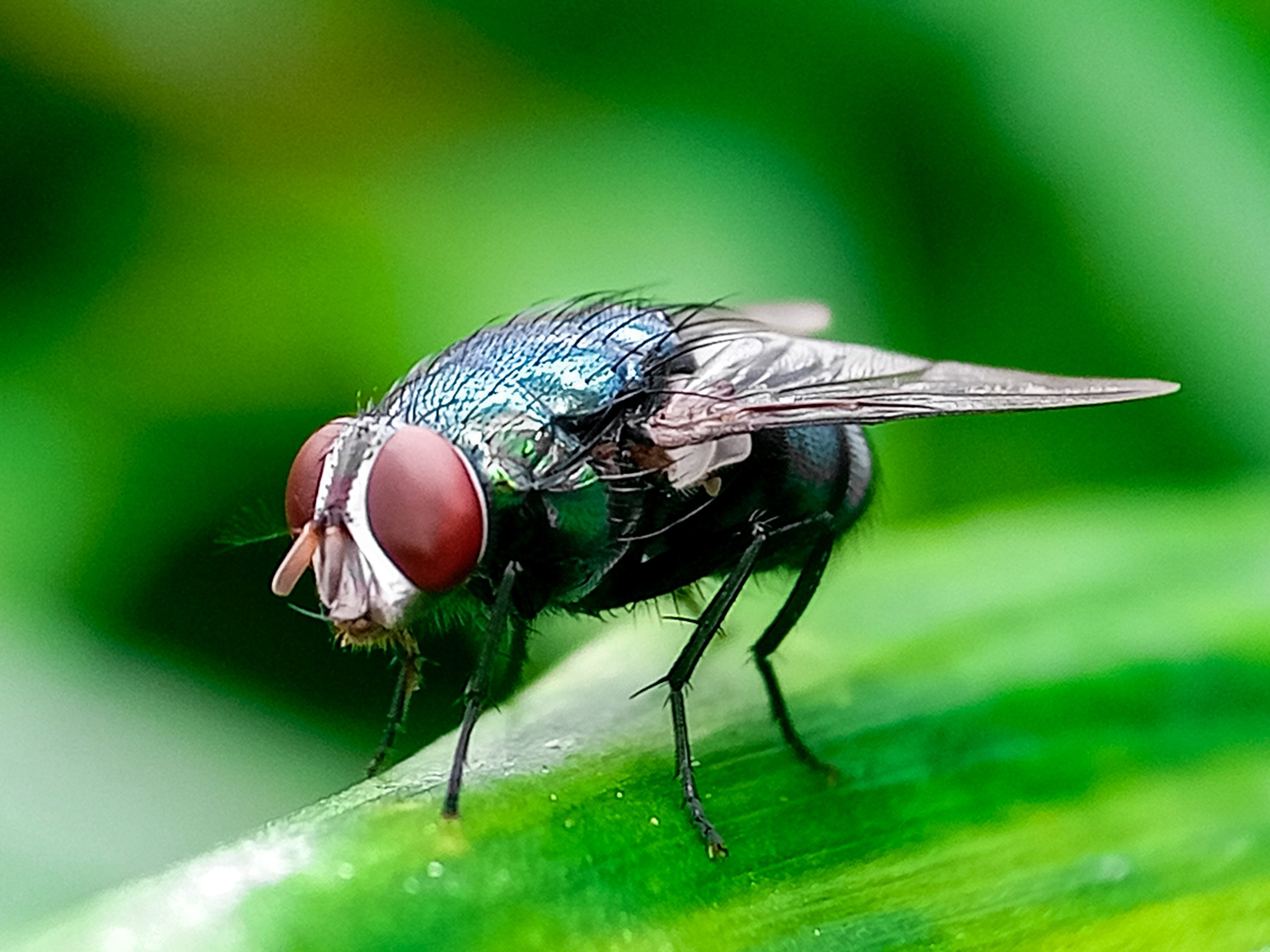As legalizing the domestic rhino horn trade advances in South Africa, rumors and false reports are clouding the facts of this difficult issue, causing much frustration for those who believe a legal trade will save the rhinos.
To combat the rumors and false reports, the Environmental Affairs Minister recently clarified what the legalization of the trade will entail for the country.
The regulations will incorporate close monitoring of the location, movement and use of the horns. Permits will be required for those in possession of a rhino horn. Exportations will only be for non-commercial purposes and will involve close tracking mechanisms such as serial numbers and microchips. The legalization of the domestic trade does not affect the international trade ban that has been in place since 1977.
Rhino breeders support the trade, saying that a legal, regulated trade will increase the value of the live animal and decrease the motivation to poach, while opponents want the ban to stay.
Earlier in 2017, the highest court in South Africa overturned the domestic trade ban when the Department of Environmental Affairs’ application to uphold it was dismissed. The ban was originally set as a response to the rise in poaching in 2009. However, even after several years with no legal trade, poaching remains high.
The first half of 2017 has already seen 529 rhinos poached, marginally down from the 542 of the same period in 2016.
The Minister of Environmental Affairs also discussed the country’s anti-poaching efforts recently. There are many new tactics and security forces being implemented around the country that deserve acknowledgement, but much work remains to be done.
One of the places with the most innovative and armed security program is Kruger National Park, which saw about a 35 percent decrease in poaching so far this year. However, poaching increased in other areas, which makes officials believe that the poachers have not been discouraged, they have moved elsewhere.
Sources: ABC News, Constitutional Court of South Africa, eNCA: South Africa’s News Channel



